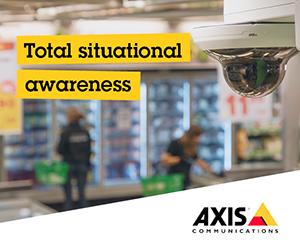interviewing
The innocent person's fear
Emotions can run high during an interview with an employee about an integrity issue in the workplace. Far too often we equate those emotions to guilt or deception. In this month’s tip, we are going to discuss fear and anger and what it could really mean.
I think anyone who has ever been in a relationship can relate to being accused of something they did not do. This would include relationships with siblings, parents, children or partners. If this has happened to you, think about your initial reaction when you were not believed. At first your emotional reaction may be as simple as shock or surprise; after all, you really didn't do it. Then when the accusation and disbelief continues, your emotions shift to anger.
Guilty and dishonest people have fears. They are afraid of being caught, afraid of the consequences. An innocent person has fears as well, but often their greatest fear may be as simple as being disbelieved. Because the emotion of fear is the same in both instances, the behavioural responses to that emotion could be the same.
The more an innocent subject is not believed, the more their anger increases. If anger increases over time, you may be talking to an innocent person. Sometimes guilty subjects will use anger to cover their fear of getting caught. If your subject gets angry right away, it’s your job as an investigator to find out where that ager is coming from, and is it sincere.






